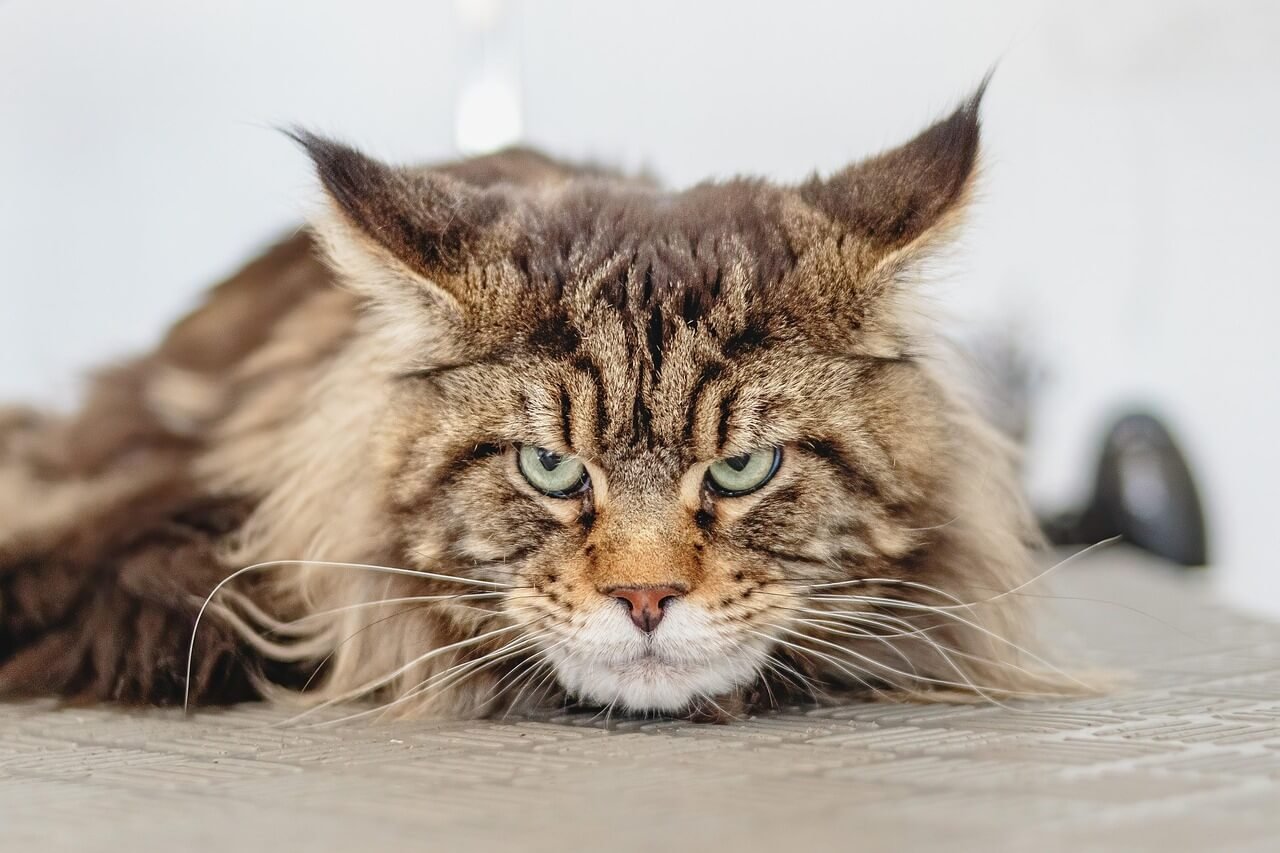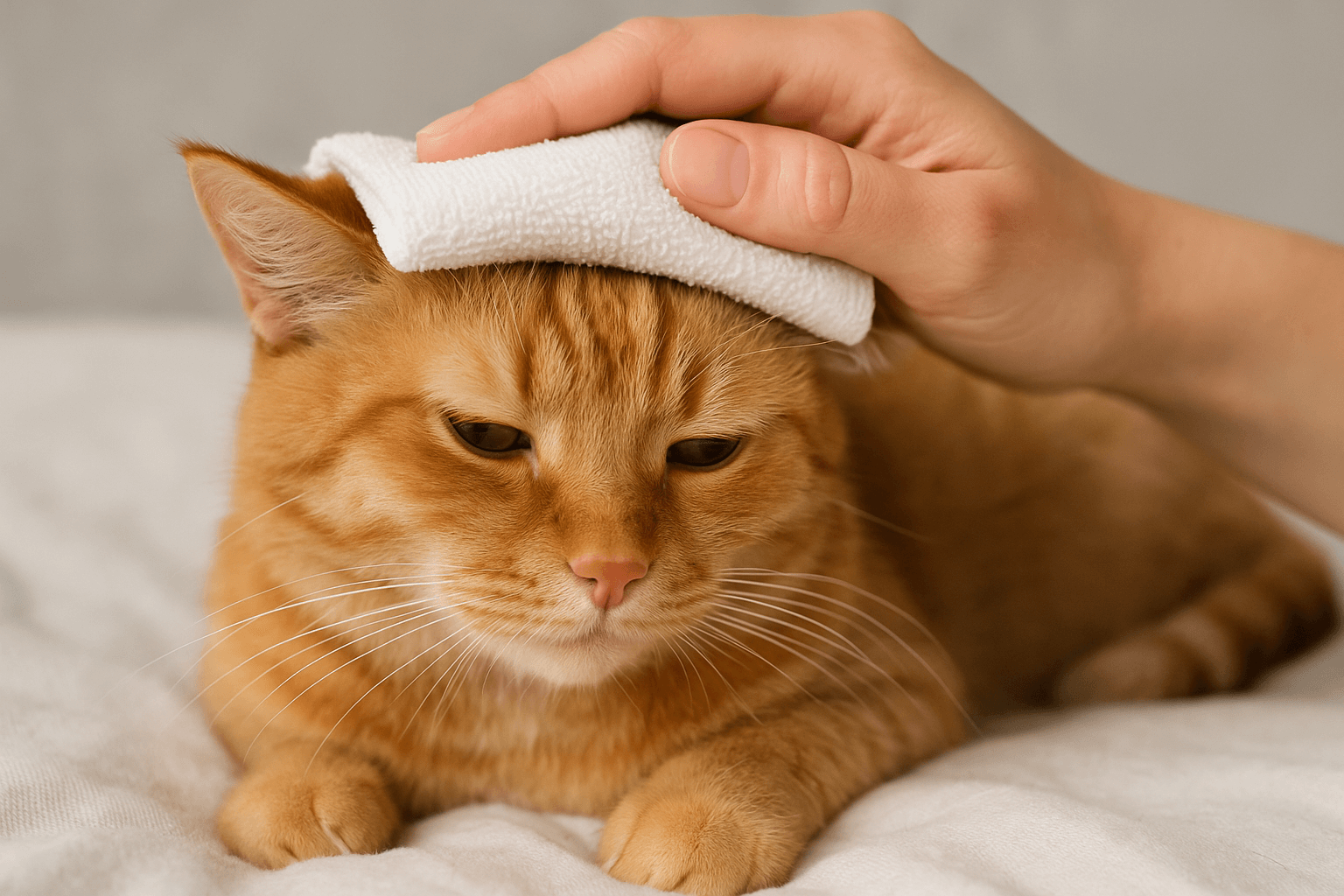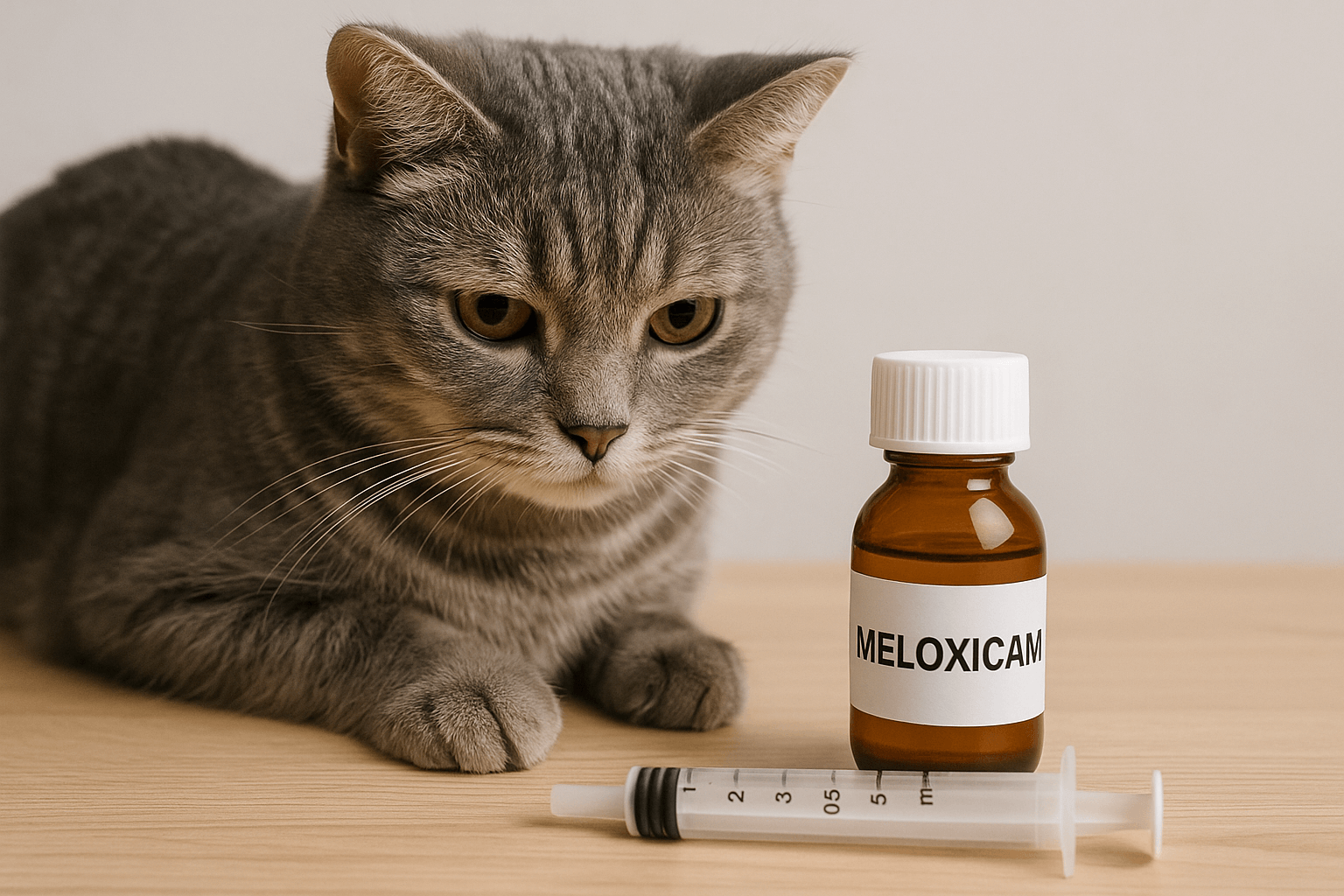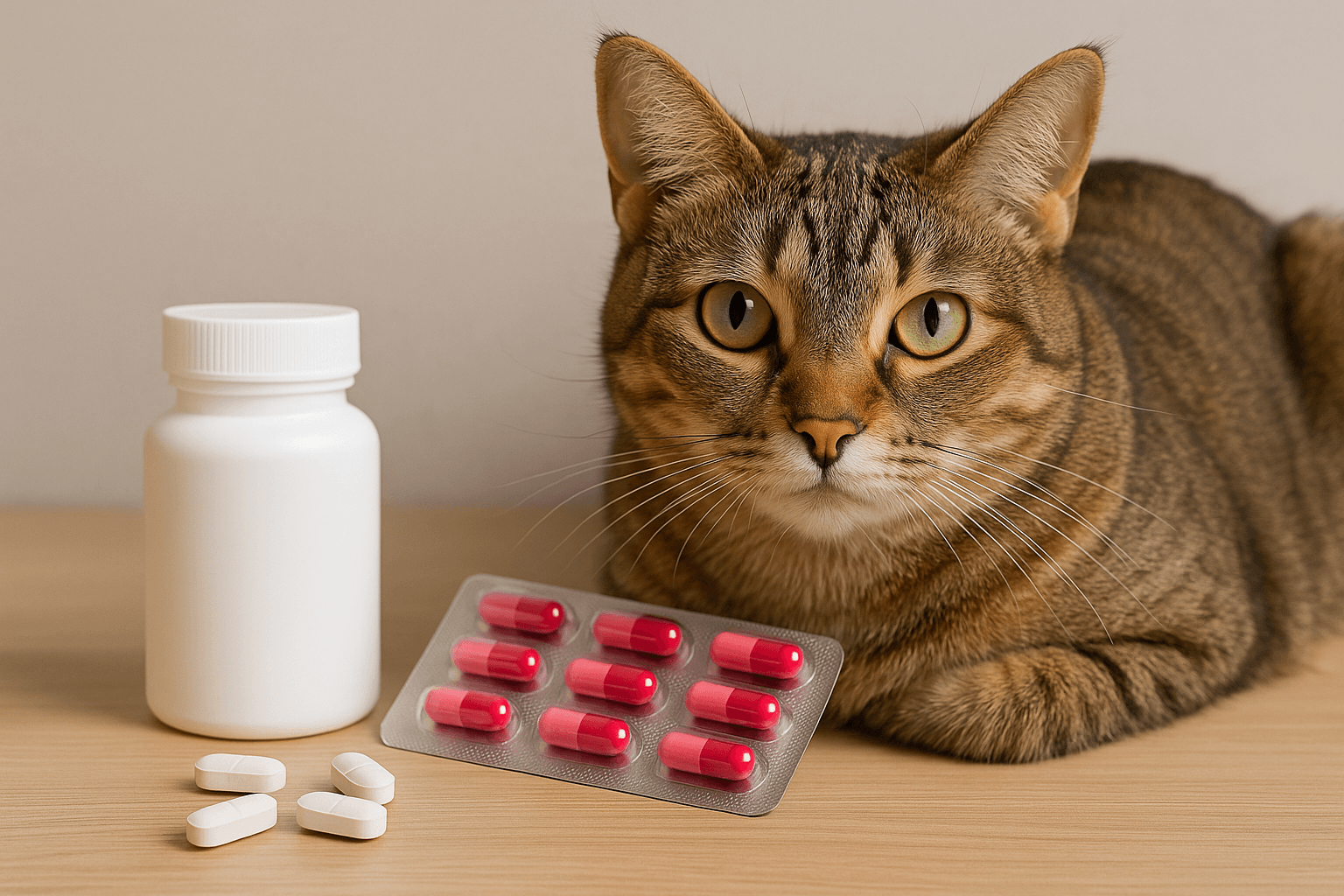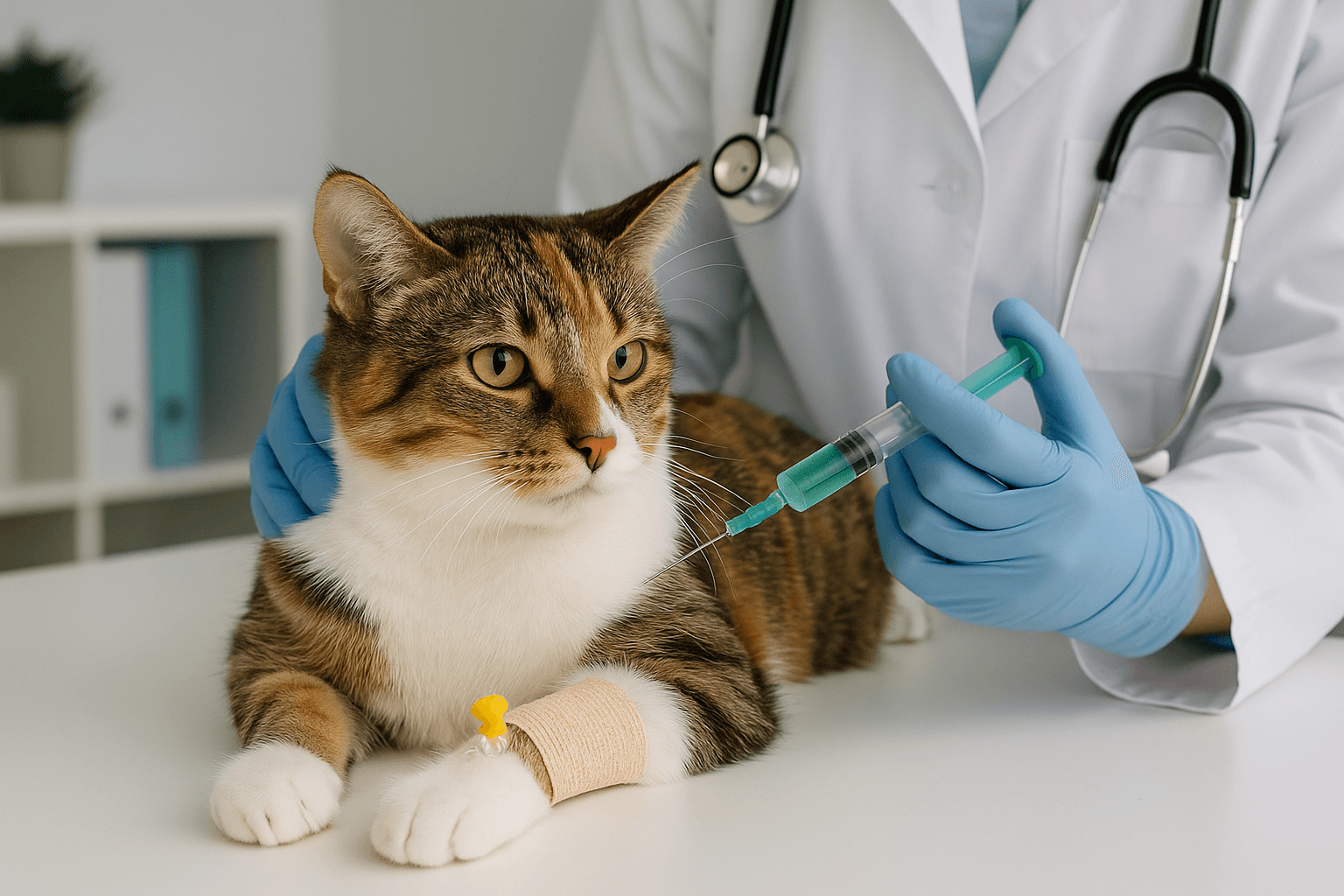Do Cats Gain Weight After Being Spayed? Understanding the Facts
If you’re considering spaying your cat, you may have heard concerns about weight gain after the procedure. While it’s true that some cats experience changes in their metabolism and behavior post-spaying, understanding the reasons behind this can help you manage their health effectively. Spaying is a common and beneficial procedure that helps control the pet population and reduces the risk of certain health issues. However, it’s important to address potential side effects like weight gain to ensure your feline friend stays happy and healthy. In this blog post, we’ll explore whether cats gain weight after being spayed, why it happens, and how you can prevent it.
Why Do Cats Gain Weight After Being Spayed?
Spaying can lead to hormonal changes that affect your cat’s metabolism and appetite. These changes often contribute to weight gain if not managed properly. Here are some key factors that explain why cats may gain weight after being spayed.
Hormonal Changes:
Spaying removes the ovaries, which reduces estrogen levels. This hormonal shift can slow down your cat’s metabolism, making it easier for them to gain weight.Increased Appetite:
Many cats experience an increase in appetite after spaying due to hormonal fluctuations. This can lead to overeating if portion sizes aren’t monitored.Reduced Activity Levels:
Some cats become less active after surgery, either due to recovery or a natural decrease in energy levels. Less movement means fewer calories burned.Age Factor:
Cats are often spayed during adolescence, a time when their growth slows down. This natural aging process can also contribute to weight gain.Behavioral Changes:
Post-spaying, some cats may develop habits like begging for food or eating out of boredom, leading to excessive calorie intake.
Understanding these factors can help you take proactive steps to prevent unwanted weight gain. With proper care, your cat can maintain a healthy weight even after being spayed.
How to Prevent Weight Gain in Spayed Cats
Preventing weight gain in spayed cats involves a combination of dietary adjustments, exercise, and regular monitoring. Here are some practical tips to keep your cat fit and healthy after spaying.
Control Portion Sizes:
Measure your cat’s food portions carefully to avoid overfeeding. Follow the feeding guidelines provided by your veterinarian.Choose High-Quality Food:
Opt for nutrient-dense cat food that meets their dietary needs without unnecessary fillers or calories.Limit Treats:
Treats should make up no more than 10% of your cat’s daily caloric intake. Use them sparingly as rewards or training aids.Encourage Exercise:
Engage your cat in playtime with toys like feather wands or laser pointers to encourage physical activity.Schedule Regular Vet Visits:
Regular check-ups can help monitor your cat’s weight and overall health, allowing for early intervention if needed.
By implementing these strategies, you can help your spayed cat maintain a healthy weight and reduce the risk of obesity-related health issues.
Check this guide 👉Understanding Cat Behavior After Spaying: Best 7 Tips!
Check this guide 👉How Long to Keep a Cat Confined After Spay: Best 7 Tips!
Check this guide 👉Can You Spay a Pregnant Cat? Best 7 Health Tips!
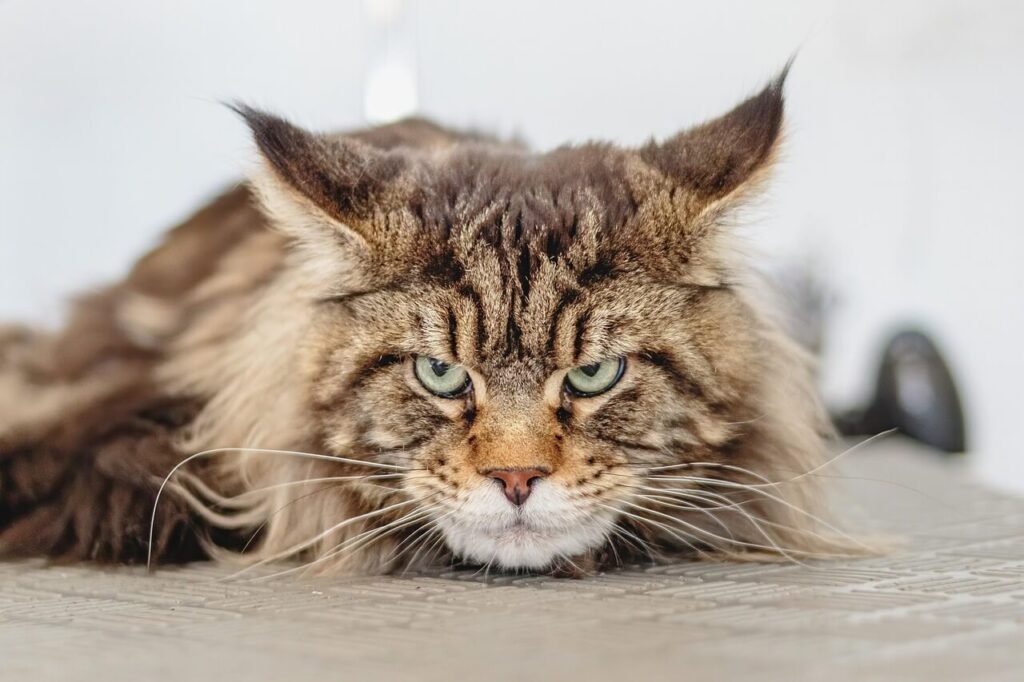
Factors Contributing to Weight Gain | Preventive Measures |
|---|---|
Hormonal changes | Provide balanced, portion-controlled meals |
Increased appetite | Limit treats and high-calorie snacks |
Reduced activity levels | Encourage daily play and exercise |
Aging process | Monitor weight regularly with vet visits |
Behavioral shifts | Address boredom with interactive toys |
Signs Your Cat May Be Gaining Weight
It’s important to recognize the early signs of weight gain in your spayed cat so you can take corrective action promptly. Here are some indicators to watch for.
Visible Body Changes:
You may notice a thicker waistline or difficulty feeling your cat’s ribs when you gently press on their sides.Lethargy:
A sudden decrease in energy levels or reluctance to play can be a sign of weight gain.Change in Mobility:
Overweight cats may struggle to jump onto furniture or climb stairs as easily as before.Excessive Hunger:
If your cat seems constantly hungry despite eating enough, it could indicate they’re consuming too many calories.Grooming Difficulties:
Overweight cats may have trouble grooming themselves, leading to matted fur or poor hygiene.
Recognizing these signs early can help you address weight gain before it becomes a serious issue. Regular monitoring and communication with your vet are key.
The Health Risks of Weight Gain in Spayed Cats
Weight gain after spaying can lead to several health risks if left unaddressed. Being aware of these risks can motivate you to prioritize your cat’s weight management. Here’s what you need to know.
Diabetes:
Obesity increases the risk of insulin resistance, which can lead to diabetes in cats.Joint Problems:
Excess weight puts strain on your cat’s joints, potentially causing arthritis or mobility issues.Heart Disease:
Overweight cats are at higher risk of developing heart conditions due to the added strain on their cardiovascular system.Liver Issues:
Fat accumulation in the liver can lead to hepatic lipidosis, a serious condition in cats.Shortened Lifespan:
Obesity can reduce your cat’s lifespan by increasing the likelihood of chronic illnesses.
Preventing weight gain is not just about aesthetics—it’s about ensuring your cat lives a long, healthy life. By staying vigilant, you can mitigate these risks.
Tips for Managing Your Cat’s Diet Post-Spaying
A balanced diet is crucial for managing your cat’s weight after spaying. Here are some tips to ensure they get the nutrition they need without overeating.
Feed Scheduled Meals:
Instead of free-feeding, offer meals at set times to regulate their calorie intake.Use Puzzle Feeders:
Puzzle feeders can slow down eating and provide mental stimulation, reducing boredom-related snacking.Avoid Human Food:
Many human foods are high in calories and unhealthy for cats. Stick to species-appropriate options.Adjust Caloric Intake:
Spayed cats often require fewer calories, so adjust their food portions accordingly.Consult Your Vet:
Your veterinarian can recommend the ideal diet plan based on your cat’s age, weight, and activity level.
A well-managed diet is the foundation of preventing weight gain in spayed cats.
Fun Ways to Keep Your Cat Active
Exercise is essential for keeping your spayed cat fit and preventing weight gain. Here are some fun activities to keep them moving.
Interactive Toys:
Toys like feather wands or laser pointers encourage chasing and jumping.Cat Trees and Climbing Structures:
Vertical spaces allow cats to climb and explore, burning calories in the process.Hide-and-Seek Treats:
Hide treats around the house to stimulate their hunting instincts and keep them active.Window Perches:
Place perches near windows so your cat can watch birds or outdoor activity, sparking their curiosity.Rotating Toys:
Regularly switch out toys to keep your cat engaged and prevent boredom.
These activities not only promote exercise but also strengthen your bond with your cat.
Signs of a Healthy Weight in Cats
Knowing what a healthy weight looks like can help you gauge whether your spayed cat is on track. Here are some signs to look for.
Defined Waistline:
When viewed from above, your cat should have a noticeable tapering at the waist.Ribs Easily Felt:
You should be able to feel your cat’s ribs with gentle pressure, but not see them protruding.Smooth Coat:
A healthy weight supports a shiny, well-groomed coat free of mats or dullness.Active Behavior:
A healthy cat is energetic and playful, not lethargic or overly tired.Proper Mobility:
Your cat should move effortlessly, with no visible signs of stiffness or discomfort.
Monitoring these signs ensures your cat remains in optimal health after spaying.
Frequently Asked Questions About Weight Gain in Spayed Cats
Is weight gain inevitable after spaying?
No, weight gain isn’t inevitable. Proper diet and exercise can help maintain a healthy weight.
How soon after spaying should I monitor my cat’s weight?
Start monitoring within a few weeks of the procedure to catch any early signs of weight gain.
Can neutering cause weight gain in male cats too?
Yes, neutering can also lead to weight gain due to similar hormonal changes.
What type of food is best for spayed cats?
Look for specially formulated “spay/neuter” diets designed to meet the unique needs of altered cats.
How much exercise does a spayed cat need daily?
Aim for at least 15-20 minutes of active playtime each day to keep your cat fit and engaged.
Maintaining a Healthy Weight for Your Spayed Cat
Spaying is a responsible and beneficial choice for your cat’s long-term health, but it’s important to be mindful of potential weight gain afterward. By understanding the causes and taking proactive steps like controlling portions, encouraging exercise, and scheduling regular vet visits, you can help your cat maintain a healthy weight. Remember, a happy cat is a healthy cat, and with the right care, your spayed feline can live a long, fulfilling life. Stay attentive to their needs, and enjoy the companionship of your purr-fectly content kitty!
Cat Fever Treatment: Best 7 Expert Tips! Discover expert advice on identifying, managing, and treating fever in cats to ensure their quick recovery and well-being.
Understanding Meloxicam for Cats: Best 7 Expert Tips! Learn how to safely administer meloxicam, manage side effects, and ensure your cat's comfort with expert advice on feline pain relief.
Amoxicillin for Cat UTI: Best 7 Expert Tips! Discover safe usage, dosage guidelines, and expert advice on treating feline urinary tract infections effectively with amoxicillin.
Understanding Cat Cancer Treatment: Best 7 Expert Tips! Discover expert advice on managing feline cancer, from early detection to treatment options, ensuring your cat’s health and comfort.

